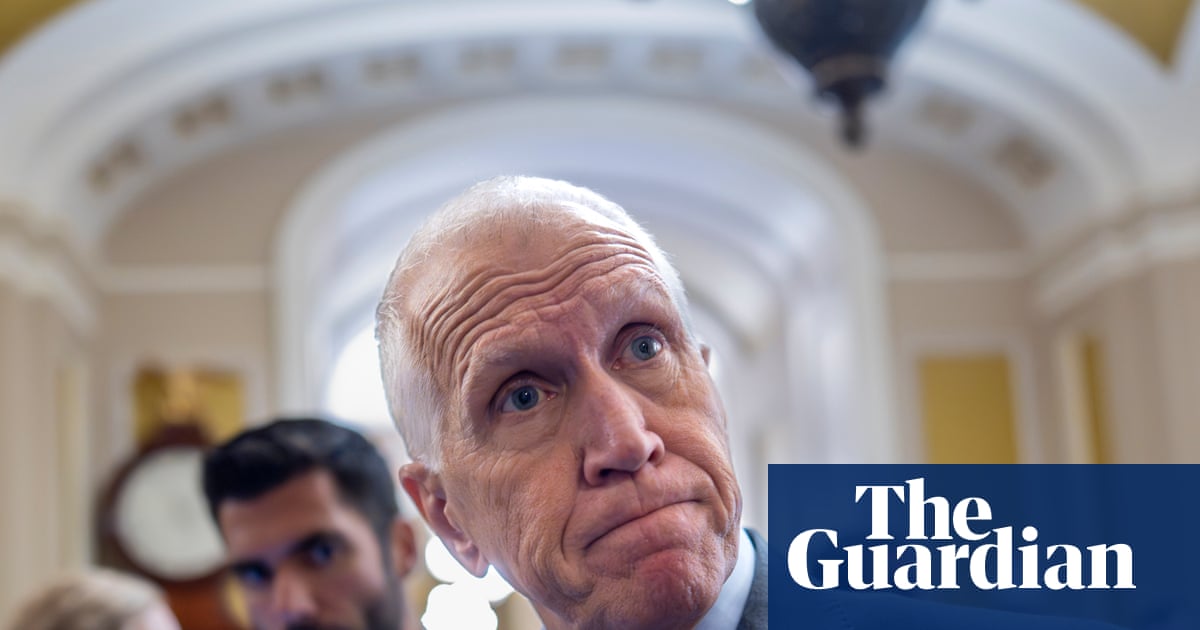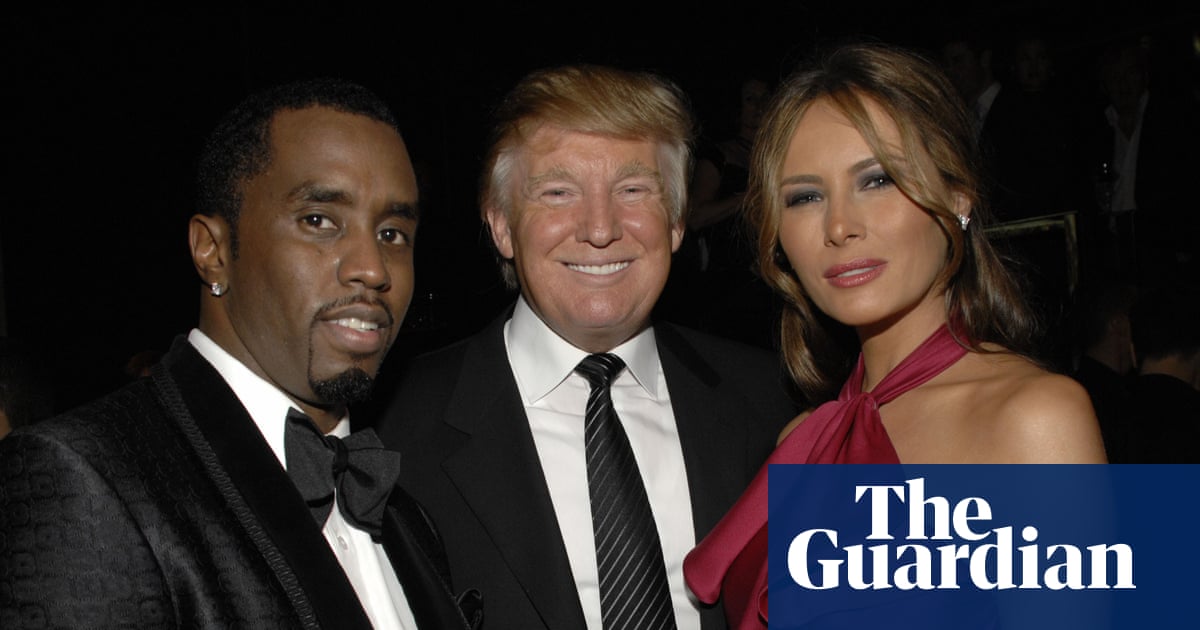Tulsi Gabbard, the director of US national intelligence, hoped to uncover evidence that Barack Obama and his national security team conspired to undermine Donald Trump in a slow-motion coup.
But if her crusade was aimed at proving that Obama embarked on a “treasonous conspiracy” to falsely show that Russia intervened in the 2016 presidential election to help Trump, Gabbard made a mistake. A previously classified annexe to a report by another special counsel, John Durham – appointed towards the end of Trump’s first presidency – has further undermined Gabbard’s case.
It was a quixotic enterprise from the start.
After all, the 2019 report from Robert Mueller, the original special counsel appointed to investigate the Russia allegations, and a bipartisan five-volume report the following year from the Senate intelligence committee – then chaired by Marco Rubio, now Trump’s secretary of state – both affirmed the offending January 2017 intelligence community assessment, which expressed “high confidence” in Russian interference.
Vladimir Putin, Russia’s president, seemed to validate the intelligence’s premise in 2018 when, standing beside Trump at a news conference in Helsinki, he admitted wanting him to win.
The newly unclassified 29-page document from Durham, made public this week, contains a deflating conclusion for Gabbard. It confirms that Russian spies were behind the emails that were originally released as the result of a Russian cyber-hack of internal Democratic information channels and which Trump supporters believed showed the campaign of Hillary Clinton, his 2016 opponent, conspiring to accuse him of colluding with Moscow.
“The office’s best assessment is that the July 25 and July 27 emails that purport to be from Benardo were ultimately a composite of several emails that were obtained through Russian intelligence hacking of the US-based thinktanks,” Durham writes. He is referring to Leonard Benardo, of the Open Society Foundation, funded by George Soros, a philanthropist and bete noire of Trump’s Maga base.
One of the emails purportedly from Benardo proposes a plan “to demonize Putin and Trump” and adds: “Later the FBI will put more oil on the fire.”
That message and others, including from a Clinton foreign policy aide, Julianne Smith, became part of the so-called “Clinton Plan intelligence”. Benardo and Smith disputed ever writing such emails.
In his 2023 report annexe, released on Thursday in heavily redacted form, Durham at least upholds Benardo’s disavowal – concluding that it has been cobbled together from other individuals’ emails to produce something more incriminating than the actuality.
For Gabbard, who is feverishly trying to prove the existence of a “deep state” determined to sabotage Trump, emails suspected to have been confected by Russia is hardly a brilliant look in her evidence package.
Some former intelligence insiders find that unsurprising – dismissing the idea as a Trump-inspired fiction. “Trump is lying when he speaks of a ‘deep state’,” said Fulton Armstrong, a retired CIA analyst who served under Democratic and Republican administrations. “But if there were one, it would not be Democrat. The culture of that world is deeply Republican.”
The national intelligence director – who has never served in the intelligence services or sat on its eponymous congressional committee when she was in the House of Representatives – is likely to see Durham’s finding as immaterial to her quest to put Obama officials on trial for “manufacturing” intelligence.
But Gabbard’s insistence – echoing her boss’s view – on the existence of a plot to torpedo Trump was dismissed on Friday by John Brennan, the CIA director under Obama, who told the New Yorker that Obama issued instructions that intelligence showing Russian meddling to be kept hush-hush, at least until polling day, to ensure a fair election.
“He made very clear to us [that] he wanted us to try to uncover everything the Russians were doing, but also not to do anything that would in any way interfere in the election,” Brennan said.
Gabbard has cited a 2020 House of Representatives intelligence committee report – endorsed only by its Republican members – challenging the assertion that Putin wanted to Trump to win.
However, Michael Van Landingham, one of the CIA authors of the 2017 intelligence assessment now in her crosshairs, said credible intelligence cast the Russian leader’s motives in an unambiguous light.
“The primary evidence to get to Putin’s mindset was a clandestine source that said, essentially, when Putin realized that Clinton would win the election, he ordered an influence campaign against Hillary Clinton,” Van Landingham told PBS News Hour.
“Then we saw a series of events that happened with the hacked US materials by the Russian special services or intelligence services to leak those materials similar to the information a clandestine source had provided. At the same time, we saw lots of members of the Russian media portraying Donald Trump in a more positive light.
“There was other information … collected by the US intelligence community … over time, having a high-quality, clandestine source telling you that Putin was counting on Trump’s victory, having members of the Russian state saying Trump would be better to work with because of his views on Russia that don’t represent the US establishment, all of those things gave us high confidence that Putin wanted Trump to win.”

 German (DE)
German (DE)  English (US)
English (US)  Spanish (ES)
Spanish (ES)  French (FR)
French (FR)  Hindi (IN)
Hindi (IN)  Italian (IT)
Italian (IT)  Russian (RU)
Russian (RU)  4 hours ago
4 hours ago
























Comments